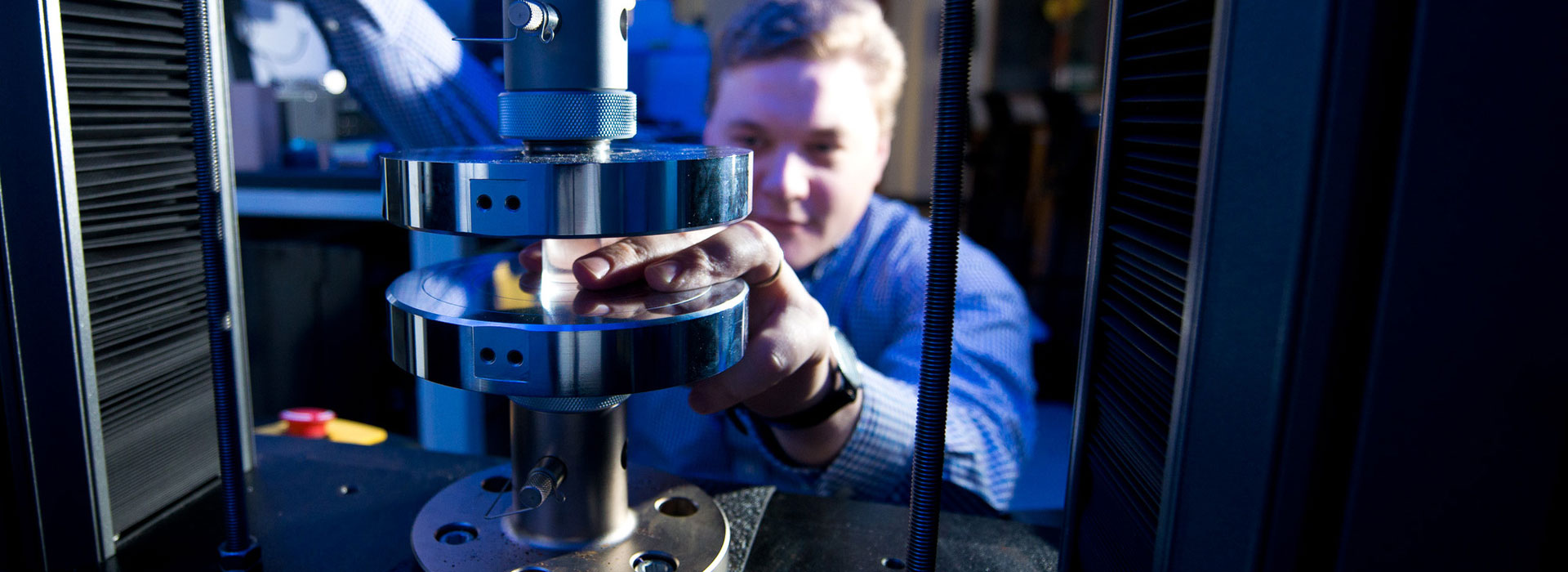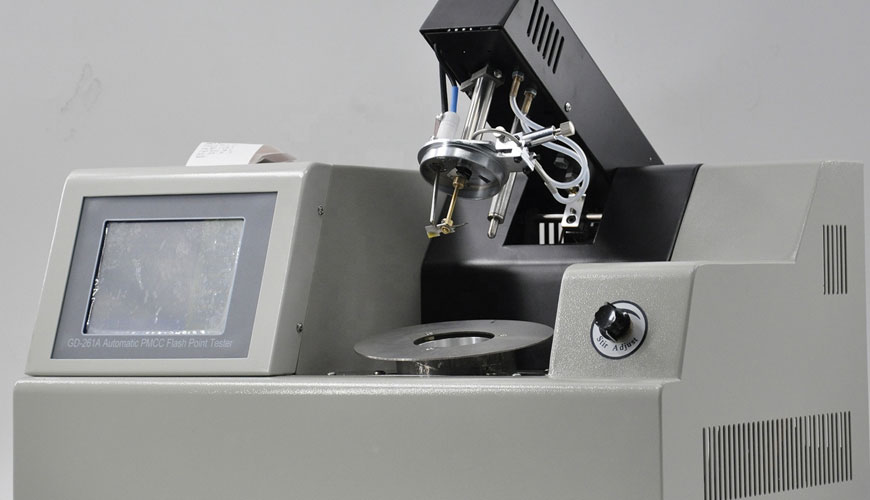

EUROLAB, with its state-of-the-art accredited laboratories and expert team, provides precise and fast testing services within the scope of ASTM D93 testing. These test methods involve the determination and determination of the flash point of petroleum products in the temperature range from 40 °C to 370 °C with a manual Pensky-Martens closed-cup apparatus or an automatic Pensky-Martens closed-cup apparatus.

Flash point determinations above 250 °C can be made, but accuracy above this temperature has not been determined. Precision has not been determined for flash points above 100 °C for residual fuels. The sensitivity of the lubricating oils in use has not been determined. Some specifications specify a D40 minimum flash point below 93 °C, but below this temperature sensitivity has not been determined.
Procedure A is applicable to distilled fuels (diesel, biodiesel blends, kerosene, heating oil, turbine fuels), new and in-service lubricating oils, and other homogeneous petroleum fluids not covered by Procedure B or Procedure C.
Procedure B is applicable to residual fuel oils, cut-off residues, spent lubricating oils, mixtures of petroleum fluids with solids, petroleum fluids that tend to form a surface film under test conditions, or petroleum fluids with inhomogeneous kinematic viscosity. It is heated under the stirring and heating conditions of Procedure A.
Procedure C applies to biodiesel (B100). Since the flash point of residual alcohol in biodiesel is difficult to monitor with manual flash point techniques, automatic apparatus with electronic flash point detection has been found suitable.
These test methods are applicable to the detection of contamination of relatively non-volatile or non-flammable materials with volatile or combustible materials.
Values stated in SI units should be accepted as standard.
This standard does not purport to address all, if any, safety concerns associated with its use. It is the responsibility of the user of this standard to establish appropriate safety, health and environmental practices and to determine the applicability of regulatory restrictions prior to use.
EUROLAB assists manufacturers with ASTM D93 test compliance. Our test experts, with their professional working mission and principles, provide you, our manufacturers and suppliers, the best service and controlled testing process in our laboratories. Thanks to these services, businesses receive more effective, high-performance and quality testing services and provide safe, fast and uninterrupted service to their customers.
To get an appointment, to get more detailed information or to request an evaluation, you can ask us to fill in our form and reach you.